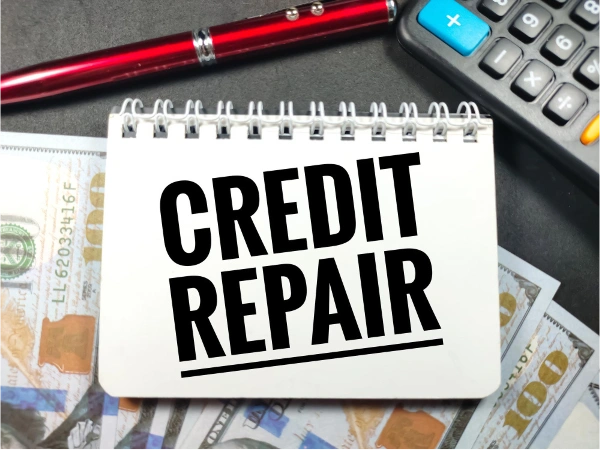Physical Address
304 North Cardinal St.
Dorchester Center, MA 02124
Having a low credit score can feel like an uphill battle—whether you’re applying for a loan, trying to secure a mortgage, or even renting an apartment. But here’s the good news: credit repair is within your reach. With the right steps and a little patience, you can significantly improve your credit score.
In this guide, we’ll walk through practical, proven credit repair strategies that will help you take charge of your financial future. From understanding the factors affecting your score to taking actionable steps toward improvement, we’ve got you covered.
The first step in fixing your credit is understanding your credit report. A lot of people don’t realize that their reports may contain errors or outdated information that can hurt their score. Here’s how to review and fix it:
Removing inaccuracies from your report can immediately boost your credit score if they were pulling it down. Since lenders make decisions based on your credit report, this step is essential for ensuring you’re being judged on accurate information.

Your payment history is the most important factor in your credit score, accounting for 35% of your overall score. Even a single late payment can cause significant damage.
Making regular, on-time payments demonstrates financial responsibility, which will gradually improve your credit score over time.
Your credit utilization ratio is a key indicator of how much of your available credit you’re using. Keeping this ratio low is crucial for improving your credit score.
A lower utilization rate shows responsibility and financial discipline, which lenders look for when evaluating creditworthiness. This can boost your score in just a few months.
While opening new credit accounts can increase your total available credit, too many inquiries within a short period can lower your score.
Each new application causes a hard inquiry, which can reduce your score slightly. Too many inquiries in a short time can make you appear risky to lenders, affecting your chances of approval.
Your credit history length makes up 15% of your credit score. Closing old accounts shortens your credit history, which could lower your score.
A long credit history can demonstrate financial stability, which can positively impact your score. Plus, it gives you a higher total available credit, helping to improve your utilization rate.
It depends on the actions you take. Correcting errors can take a few weeks, but improving your credit history through on-time payments and reducing debt may take several months or even years, depending on how severe the issues are.
Yes! Once you pay off a collection account, some scoring models will remove the negative impact, though older FICO models might still factor it in.
The fastest way to improve your score is by disputing any errors on your report, paying down high credit card balances, and ensuring you make on-time payments.
While some services are legitimate, most of the steps they take can be done by you for free. Be cautious of scams that promise quick fixes or charge high fees.
Repairing your credit doesn’t happen overnight, but with the right steps, it’s absolutely achievable. By reviewing your credit report for errors, making timely payments, reducing credit utilization, and keeping old accounts open, you can gradually boost your credit score and unlock better financial opportunities.
Start taking action today and see the positive changes in your credit score soon!
Content Source
Federal Trade Commission (FTC), Consumer Financial Protection Bureau (CFPB), AnnualCreditReport.com, Equifax, Experian, TransUnion, FICO (Fair Isaac Corporation), VantageScore, MyFICO.com, National Consumer Law Center (NCLC), Bankrate, NerdWallet, U.S. Department of Housing and Urban Development (HUD).



